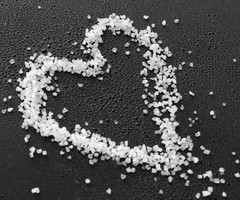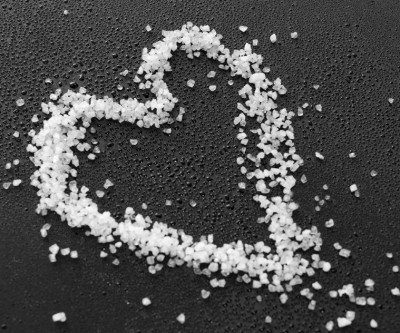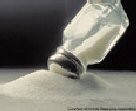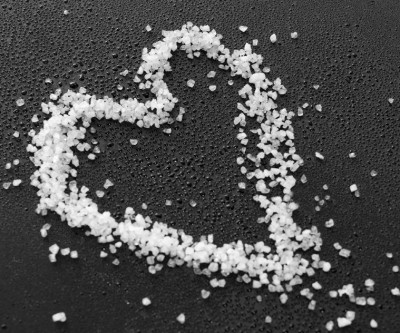Salt intake during pregnancy may alter heart structure of offspring: Rat study

The study – published in the journal Nutrition, Metabolism and Cardiovascular Diseases – suggests that persistent high maternal intake of salt during pregnancy leads to alterations in the structure of the left ventricular of the heart.
“In the present study, we confirmed the effects of a high-salt diet on cardiac development of male offspring as demonstrated by an increased cardiac mass at birth,” said the researchers, led by Dr Joel Heimann of the University of São Paulo School of Medicine, Brazil.
Heimann and his team added their data provides new evidences on to the process of fetal programming of cardiovascular diseases, demonstrating that a high-salt diet during pregnancy programs the changes “in response to a chronic high-salt intake during adulthood.”
Study details
The research team fed rats either low (0.15%), normal (1.3%) or high-salt (8%) diet during pregnancy.
To evaluate how this affected response to salt overload in later life half of each offspring group was fed a high-salt (4%) diet from the 21st to the 36th week of age, whilst the remaining 50% maintained a no-salt diet.
The researchers then measured the heart structure and blood pressure of the offspring, finding that the hearts of offspring consuming a high salt diet had higher relative heart sizes and thicker linings of certain areas of the heart – including the interventricular septum and the left ventricular posterior wall.
“In spite of these findings, adult male offspring did not evidence any sign of cardiac hypertrophy when maintained on a normal-salt diet,” said the researchers.
“However, after high-salt intake, differences between groups were elicited,” they confirmed.
Salt reduction
Sodium is a vital nutrient and is necessary for the body to function. However the average daily salt consumption in the western world (between 10 and 12 grams) vastly exceeds maximum recommendations from WHO/FAO of 5 grams per day.
Such high intakes of dietary sodium have been linked to negative health impacts, including the development of hypertension, cardiovascular disease, certain cancers, and other health problems.
And with 80% of salt intake coming from processed foods, many countries have initiated salt reduction program, with many holding up theUK’s Food Standards Agency as the torch bearer for national initiatives.
The benefits of a salt global salt reduction strategy were given blinding clarity by a meta-analysis published in The Lancet Chronic Diseases Series in 2007, which concluded that reducing salt intake around the world by 15 per cent could prevent almost nine million deaths between 2006 and 2015.
The topic remains controversial, however, with a prestigious Cochrane review concluding that salt reduction did not impact cardiovascular disease risk. However, this was subsequently slammed in a re-analysis of the same data in The Lancet, with the authors of this paper stating that salt reduction does provide a significant reduction in cardiovascular events.
Industry action
The process of reducing salt levels in foods is an ongoing process within the industry, with many now acknowledging that high sodium levels in some foods is a major issue for the industry.
However, the reduction of salt in processed foods is a major challenge because in addition to salts role as a flavour enhancer, the food industry has historically added salt (sodium chloride) to foods to enhance shelf life, modify flavour, enhance functionality, and to control fermentation.
Experts in the area have previously noted a clear need for the food industry to identify technical routes to enable these functionalities to be modified whilst reducing the concentration of sodium salts and maintaining the consumer experience.
Source: Nutrition, Metabolism and Cardiovascular Diseases
Published online ahead of print, doi: 10.1016/j.numecd.2011.10.006
“Salt intake during pregnancy alters offspring’s myocardial structure”
Authors: E.N. Alves-Rodrigues, M.M. Veras, K.T. Rosa, I. de Castro, L.N.S. Furukawa, et al


















